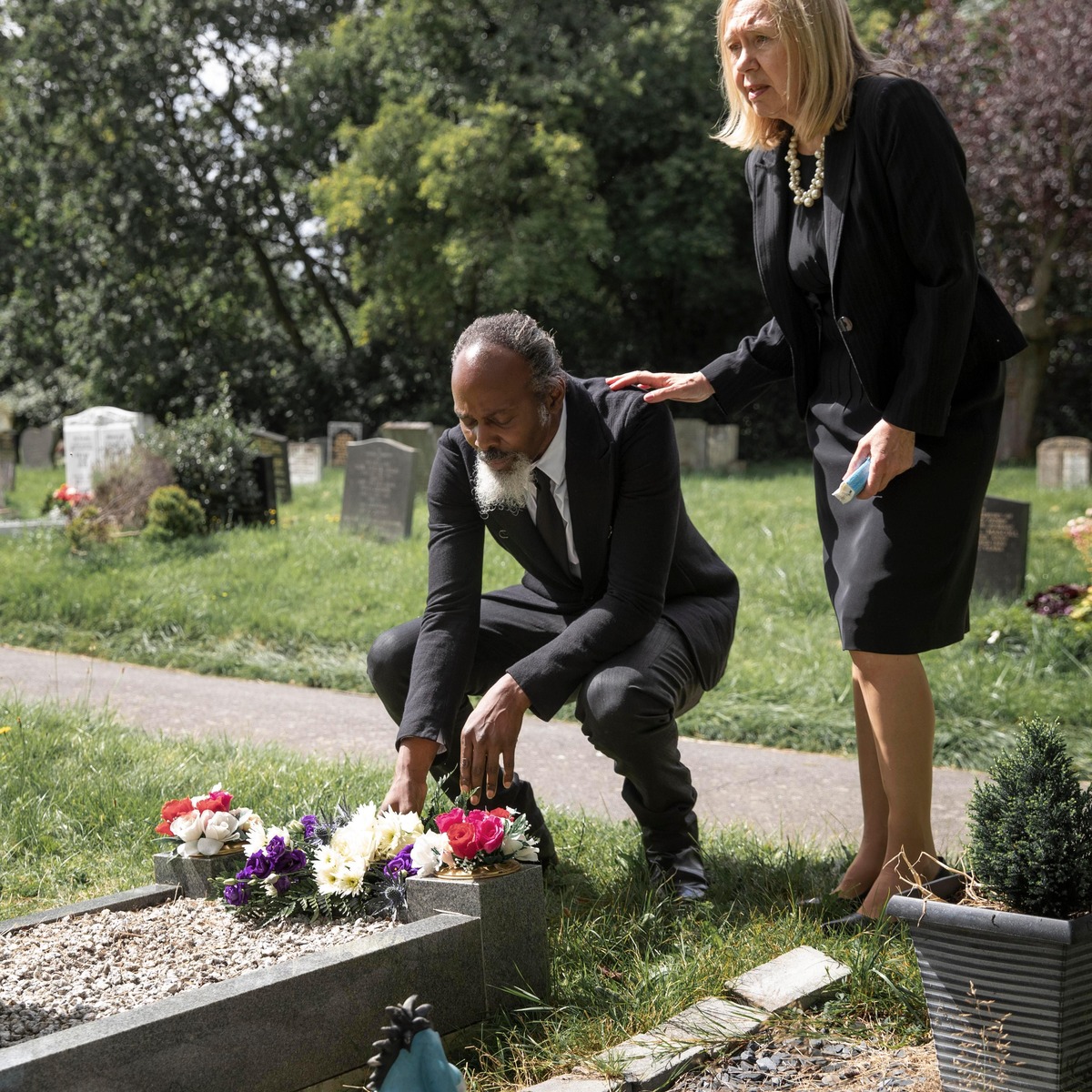
Accident and Injury Lawyers
The accident and injury lawyers at Auger & Auger are dedicated to providing compassionate and client-focused representation to injury victims in need. Founded in 1995, our firm is dedicated to serving injury victims and families throughout the Carolinas when they need legal representation most: after an accident. We want to help members of our community get the compensation they need to move forward after their injury.
Over the last 27 years we have recovered hundreds of millions for our clients, truly life-changing money. Insurance companies make money when they pay as little as possible, so they are incentivized to lowball you and even deny coverage. Our job is simple: we extract the maximum settlement possible from insurance companies, enabling our clients to get back to their lives and receive full compensation for their loss. The difference in treatment covered can be as stark as a client being able to regain their ability to walk, while the insurer would have them confined to a wheelchair. Families are often torn apart in the worst accidents, and while life cannot be recovered, we work to set their dependents right for life.
Our performance has earned us admission to the Academy of Truck Accident Attorneys, Million Dollar Advocates Forum, and have earned a spot on the Top 40 Under 40 Trial Lawyer list nationwide.
If you or a loved one was in an accident, it is critical to speak with a personal injury lawyer right away. Attempting to proceed without the help of an experienced lawyer can jeopardize your chances of obtaining the compensation that you deserve.
We are eager to serve you, and look forward to working on your case together.


















